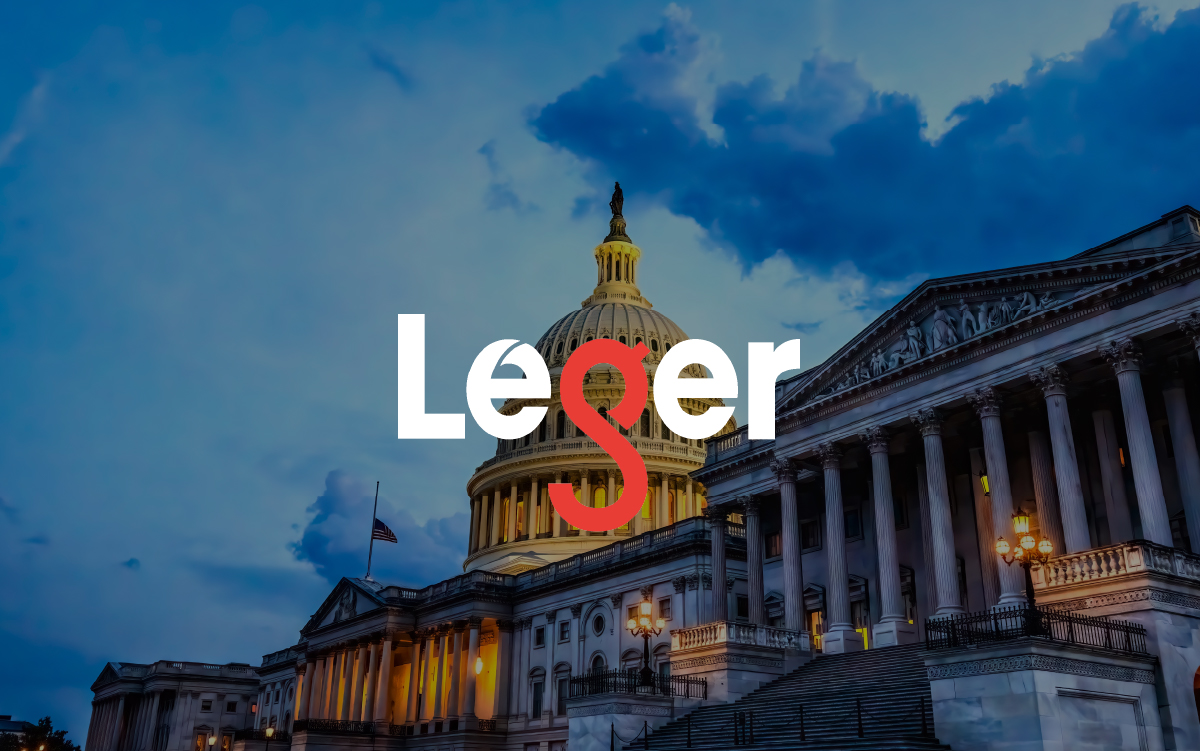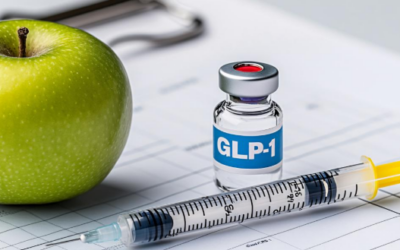From July 25 to 27, 2025, Leger, in collaboration with 338 Canada and Maintenant Media, surveyed Americans on Donald Trump’s potential implication in the Epstein files, threats of tariffs, and Elon Musk’s new American Party.
Highlights of our survey include…
The Epstein Case and Trump’s Involvement
Awareness of the Epstein case is widespread. 84% of Americans say they’ve heard about it. Almost half of respondents (45%) believe Donald Trump was involved, while 29% disagree and 26% are unsure.
However, most Americans (77%) want all government documents related to the Epstein case released. This includes strong support across all demographics, especially among democrats (85%).
Importantly, the issue could affect Trump’s base. One in four (27%) of those who identify as Republicans say they would be more likely to vote for another party if Trump were officially implicated.
Opinion and Approval of Trump and Vance
Public opinion on Donald Trump is sharply divided. A third (36%) of Americans have a favorable impression of him, while 49% are unfavorable. His job approval is similarly split: 37% approve of his performance and 51% disapprove.
JD Vance is less well known. One third of Americans (33%) view him favorably, 39% unfavorably, and 21% say they don’t know enough about him.
Trump’s Proposed Tariffs
Support for Trump’s tariffs varies. Forty-seven percent support tariffs on China, 40% on Mexico and the EU, and 37% on Canada. Republicans are much more supportive than Democrats.
When asked who should have the authority to impose tariffs, only 20% say the President should decide alone. 25% believe Congress should have that power, while a larger share (40%) think both should be equally involved. Only a quarter of respondents (26%) believe the tariffs are primarily motivated by national security.
Elon Musk’s “American Party”
31% of Americans support Elon Musk’s proposed ‘American Party,’ while 41% are opposed. If the party were to be created and to present a candidate in 2028, 9% of decided voters say they would potentially vote for them, compared to 45% for the Democrat candidate and 40% for the Republican candidate.
Methodology
Results are based on online research conducted among a sample of 1,007 Americans (18 years of age and older), with fieldwork from July 25 to July 27, 2025. A margin of error cannot be associated with a non-probability sample in a panel survey, but for comparison purposes, a probability sample of 1,007 would have a margin of error of ±3.09%, 19 times out of 20.
All mentions of this survey must be used under the term “Leger/338 Canada/Maintenant Media survey”




